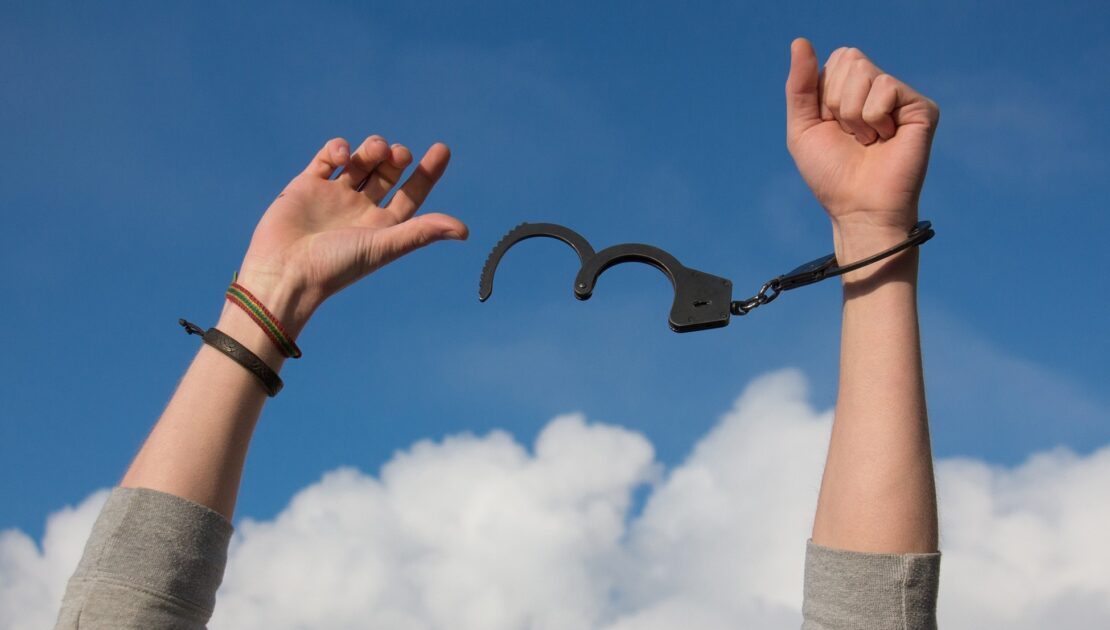Breaking the Cycle of Addiction: Tips for Those on the Road to Recovery
- December 20, 2021
- Steph O. Website Administration
- No Comments

Addiction is a far-reaching epidemic and impacts the lives of millions of people. According to the most recent data, 19.7 million Americans battled substance abuse in 2017. Based on recurring reports in the media, that trend continues to climb, particularly because of widespread opiate abuse.
Unfortunately, a substance abuse disorder impacts not only the individual facing addiction but their families too. An entire family unit can suffer mentally and emotionally as they try to maintain a sense of order while potentially denying the harsh reality they now face. In short, the addict and his or her family and friends become almost entirely absorbed by the problem.
If you are currently trying to break the cycle of addiction, you know that it is an uphill climb. However, at Recovery Program Solutions of Virginia, we know this is a fight you can and will win. By seeking support, getting active, eating right, and finding positive outlets, the road to recovery will be a little less bumpy.
Build a Network of Support
When you are dealing with an addiction, it can feel as though you are completely alone. These feelings of loneliness can translate to depression and anxiety, increasing the chances of a relapse. For this reason, it is imperative that you reach out to others via peer support. Not only will you have a judgment-free zone to open up about your triumphs and challenges but being surrounded by people who all share the same goals can also create a sense of camaraderie and lead to lifelong friends. Support can come from online venues too, such as online meetings, chat rooms, and Facebook groups. An online meeting is great if you are nervous about speaking in front of others or would simply prefer to remain anonymous for the time being.
Your support group can’t be there all of the time, and while you’ll likely have a sponsor, it still helps to have companionship in your life. A pet can fill this role. Having a pet requires you to focus on another being, this is the responsibility of pet ownership, and it also provides you with unconditional love. Consider visiting a shelter and adopting a cat or dog. Just be cognizant of what you can manage. A dog will need daily walks and lots of attention, while cats will be more independent but still want your affection. You will also need to gather specific supplies like a collar, a quality harness or leash, a pet bed, food, dishes, a litter box, and so on.
Make Exercise Your New Obsession
Whether you abused drugs, alcohol, or both, it likely became a daily routine and obsession. It made you feel good, so you kept doing it. Now that you are in recovery, you need to find an obsession that is healthy and makes you feel great too. Exercise is the golden ticket. When you work out, your brain releases a feel-good neurotransmitter called dopamine. This chemical gives you a healthy “high,” and it can be a helpful tool when you are feeling stressed. In addition, regular exercise can lead to improved cardiovascular health, higher self-esteem, and decreased chance of chronic disease such as diabetes. Exercise is anything that requires movement (not just pumping iron in the gym), so find what you enjoy and stick with it.
Watch What You Eat and Drink
Chances are that when you were abusing drugs and alcohol, your nutrition took a backseat. However, what you put in your body is important if you want to avoid a relapse. Pay attention to what you are reaching for. Foods high in sugar will certainly give you the blood sugar spike your body craves, as it is similar to the spike you felt after drinking, but once that crash hits, you might find yourself feeling depressed and craving drugs and alcohol. Caffeine has a similar effect too, so choose water more often than not. Eat a balanced diet filled with fruits, vegetables, and protein so that you are getting the recommended amount of vitamins and minerals.
Explore New Hobbies
When you are trying to give up an addiction, whether it is substance abuse, cigarettes, or caffeine, an idle mind is your worst enemy. When left to your own thoughts, you’ll find that you are focused on your cravings and withdrawal symptoms. Rather than sit in silence and suffer or run the risk of relapsing, find a new hobby. Yoga, for example, is a great way to rewire your brain and promote mindfulness so that you can focus on the moment and quiet the thoughts bouncing around in your head. If yoga isn’t your thing, perhaps you could try gardening, volunteering, taking college courses or learning to dance. Anything you do that occupies your mind is a win-win.
Spend More Time Outside
The therapeutic benefits of the outdoors are myriad. Spending time outside is excellent for everyone, but especially for those in addiction recovery. Fresh air, sunlight, and just time in the great outdoors makes such a difference. Look for ways to incorporate more time outside whenever you can. Plan for hikes or walks in local parks or camping trips or consider turning your backyard into a welcoming oasis. You can carve out a spot for a hammock, build a garden or even turn to backyard landscaping contractors to create the perfect outdoor space. You can find reputable services in your town through a site like Angi, and possibly even a discount depending on what you’re looking for.
Addiction is tough, and getting through it won’t be easy. Once you make the decision that enough is enough, one of the hardest parts is behind you. Support your recovery with a peer network and healthy habits, and you are on your way to an addiction-free life.
By guest blogger Dorothy Watson

